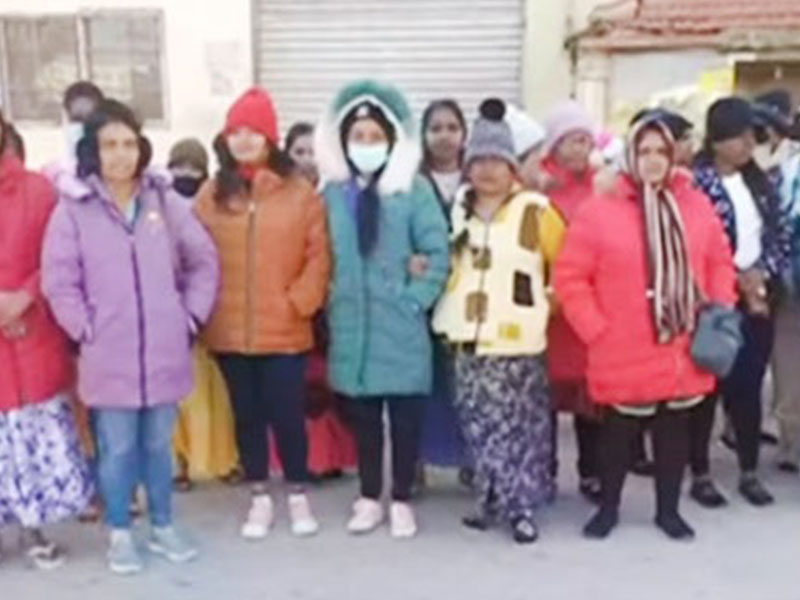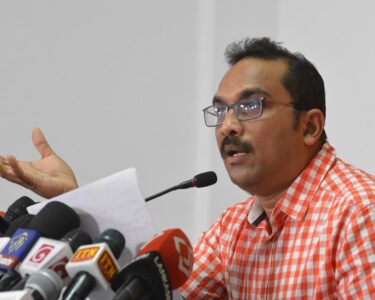More than 300 Sri Lankan garment workers in Jordan are facing a desperate nightmare after their factory abruptly closed, leaving them jobless, unpaid, and trapped in limbo. With dwindling resources and mounting anxieties, their frustration boils over as they grapple with bureaucracy, hunger, and a seemingly indifferent response from home.
The factory closure in Shabab came like a cruel storm. The owner vanished, leaving behind a trail of broken promises and unpaid wages. Stranded in company dormitories, now shrouded in darkness due to a disconnected electricity supply, the workers struggle to afford even basic necessities like food.
Fueling their frustration is the alleged lack of support from the Sri Lankan embassy and the bureaucratic hurdles thrown up by the Foreign Employment Bureau (FEB). Despite registering with the FEB, the workers feel abandoned, questioning why their repatriation isn’t treated with greater urgency.
Adding to their ordeal is the complication of some workers on visitor visas. This, according to FEB officials, is the crux of the delay. However, for the stranded workers, this explanation rings hollow as they yearn for a swift return to the familiar shores of home.
Their claims of seeking compensation and back wages from Jordanian labor authorities have also fallen on deaf ears. With their financial reserves dwindling and living conditions deteriorating, the workers’ desperation is palpable. Their plea is simple: to be repatriated, to be reunited with their families, and to escape the nightmare they find themselves trapped in.
The Sri Lankan government, the FEB, and the Jordanian authorities must act with urgency to resolve this crisis. These stranded workers, stripped bare of their jobs and basic necessities, deserve swift and concrete action. Their plight underscores the vulnerabilities of migrant workers and the vital role of responsible governance in protecting their rights and well-being.
This is not just a case of stranded workers; it’s a story of resilience, desperation, and a plea for humanity to intervene. Let us not turn a blind eye to their plight. Let their voices be heard and their safe passage home secured.







